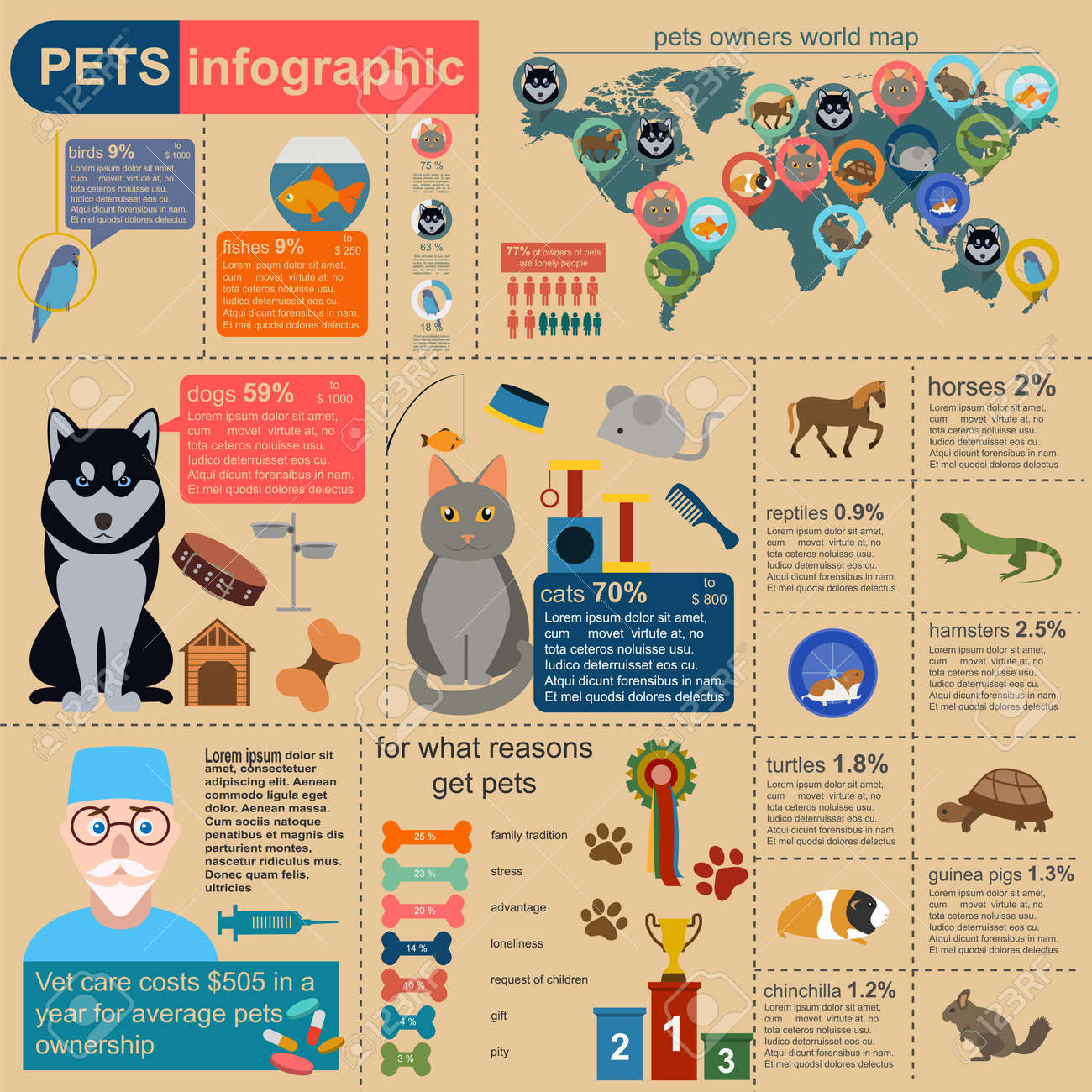Canines that remain active with socializing, workout, and psychological stimulation live healthier, happier lives. Childcare provides all of these in a risk-free, regulated setting.
Nevertheless, some pet dogs age out of day care as they age. If your elderly pet dog appears much less passionate regarding going to day care, open interaction with personnel is key.
Socialization
It is very important to mingle pets of every ages, yet it ends up being even more vital for elderly pet dogs. Socializing allows them to feel even more comfy around other canines and individuals, which can aid avoid stress and anxiety and other health and wellness concerns.
It can be harder to mingle older dogs, however it's still feasible. Using positive support, taking points slowly, and producing a secure setting can help them adjust to new scenarios. It can also assist to make use of training exercises that focus on soothing actions.
Pet daycare uses a secure, enjoyable place for senior canines to exercise and communicate with others. This sort of regular exercise is very important for maintaining their muscle mass solid and joints adaptable, which can slow down the onset of joint inflammation or other age-related conditions. It can additionally assist to stimulate their minds with play, which can boost cognitive function and reduce the progression of dementia or other mental illnesses.
Workout
As dogs age, their power levels and metabolic process decrease. Nonetheless, that doesn't indicate they should quit exercising totally! Normal activity and socializing are important for the total wellness of a senior dog.
If you have an elderly canine, it is essential to find low-impact workout that is easy on their joints. For instance, swimming can be a great type of exercise since it lowers stress and anxiety on their muscles and joints. It's also an excellent concept to have your pet start each exercise with a brief walk around the yard or do some light play to heat up their muscular tissues and minimize their danger of injury.
One more way to keep your senior canine feeling comfy is to check their peeing and bowel movements. In some cases these changes can signal a medical issue that requires to be resolved. Speak to your veterinarian for recommendations.
Mental stimulation
Among the largest false impressions concerning older pet dogs is that they're "as well old for new techniques." Yet this couldn't be farther from the fact.
Elderly dogs 24 hour dog daycare near me who go to childcare can benefit from mental stimulation and cognitive exercise. This can help them really feel much less anxious when they're home alone and reduce behaviors such as unchecked peeing or defecation, extreme barking, and damaging behavior.
They can additionally experience brand-new views and smells, which can be an excellent method to improve their state of mind. This sort of mental stimulation can also improve confidence and encourage your dog to really feel even more comfortable around other individuals and pets.
Keeping your elderly pet dog pleased is one of the best means to raise their quality of life. If they're still excited concerning going to daycare and their health is good, then they can probably go. Nonetheless, it's important to understand their limitations and take precautions if they can't get involved as much as before.
Healthcare
Aging pet dogs typically experience illness as they age. While they are a typical part of the aging procedure, early detection and therapy can considerably increase your family pet's comfort degree.
Regular blood testings, geriatric bloodwork and pee analysis can capture a variety of issues such as anemia and iron deficiencies, kidney condition, thyroid dysfunction and various other diseases that can be more usual in senior pet dogs.
If your pet dog seems a lot more rigid, has problem jumping or playing and dislikes food, speak with your veterinarian as these could be indications of discomfort, arthritis or various other health and wellness concerns. A change in appetite or weight gain may also indicate an issue, like diabetic issues or heart disease.
Your older animal might require dietary or grooming treatment adjustments, such as even more constant or shorter walks and teeth cleaning (your vet can instruct you just how to use hand signals to train your pet dog to let you do this). Routine physical treatment can aid with joint pain or other problems that affect your animal's flexibility.
